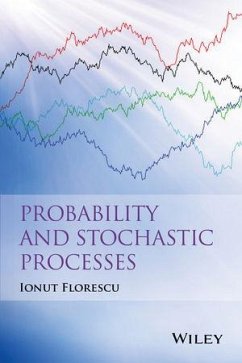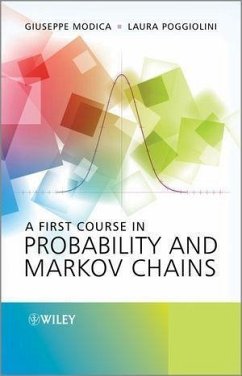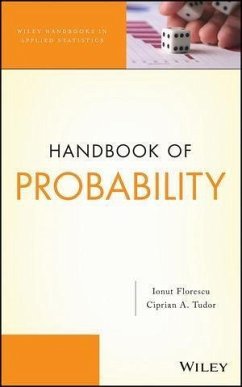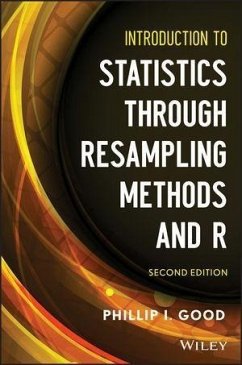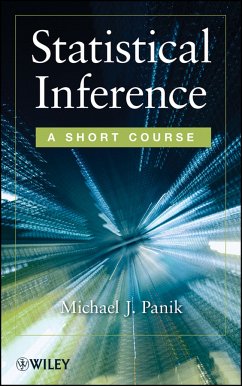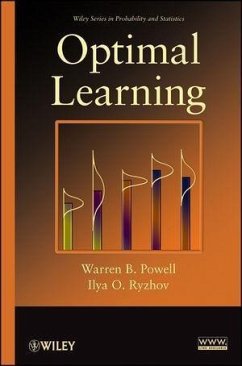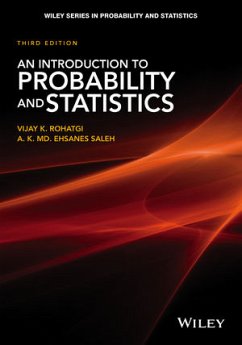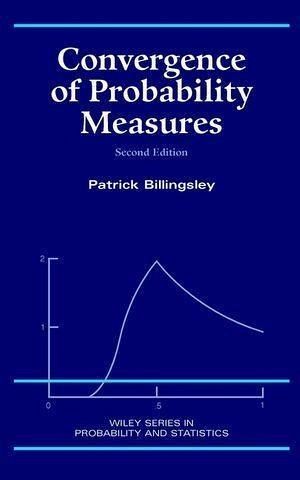
Convergence of Probability Measures (eBook, ePUB)
Versandkostenfrei!
Sofort per Download lieferbar
170,99 €
inkl. MwSt.
Weitere Ausgaben:

PAYBACK Punkte
0 °P sammeln!
A new look at weak-convergence methods in metric spaces-from a master of probability theory In this new edition, Patrick Billingsley updates his classic work Convergence of Probability Measures to reflect developments of the past thirty years. Widely known for his straightforward approach and reader-friendly style, Dr. Billingsley presents a clear, precise, up-to-date account of probability limit theory in metric spaces. He incorporates many examples and applications that illustrate the power and utility of this theory in a range of disciplines-from analysis and number theory to statistics, en...
A new look at weak-convergence methods in metric spaces-from a master of probability theory In this new edition, Patrick Billingsley updates his classic work Convergence of Probability Measures to reflect developments of the past thirty years. Widely known for his straightforward approach and reader-friendly style, Dr. Billingsley presents a clear, precise, up-to-date account of probability limit theory in metric spaces. He incorporates many examples and applications that illustrate the power and utility of this theory in a range of disciplines-from analysis and number theory to statistics, engineering, economics, and population biology. With an emphasis on the simplicity of the mathematics and smooth transitions between topics, the Second Edition boasts major revisions of the sections on dependent random variables as well as new sections on relative measure, on lacunary trigonometric series, and on the Poisson-Dirichlet distribution as a description of the long cycles in permutations and the large divisors of integers. Assuming only standard measure-theoretic probability and metric-space topology, Convergence of Probability Measures provides statisticians and mathematicians with basic tools of probability theory as well as a springboard to the "e;industrial-strength"e; literature available today.
Dieser Download kann aus rechtlichen Gründen nur mit Rechnungsadresse in A, B, BG, CY, CZ, D, DK, EW, E, FIN, F, GR, HR, H, IRL, I, LT, L, LR, M, NL, PL, P, R, S, SLO, SK ausgeliefert werden.




